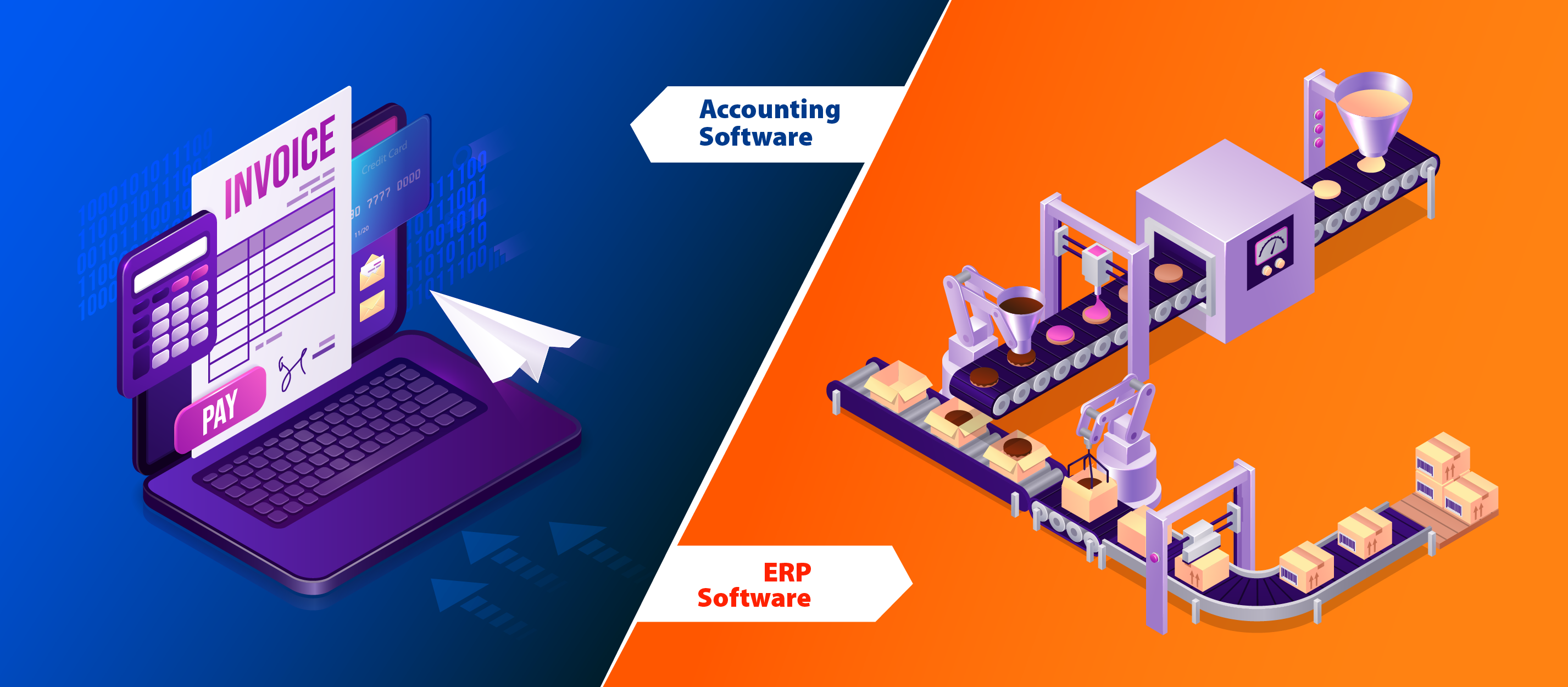Introduction
Why suffocate your business by keeping away from technology-driven ERP solution? Give your business the oxygen of ERP to make it stand against any disruptive change.
Indian process manufacturers are right now under a constant pressure of GST, where the fear of the unknown is immense. Each passing month brings them a step closer towards the most hyped tax reform in the history of Indian economy- the Goods and Service Tax (GST). While the repercussions of GST remain unknown, one thing is for sure that it will bring a revolution in the financial scenario of all kinds of manufacturing and service sector.
Until now the tax calculations were either done manually or by employing a software, but with our honourable PM Mr. Narendra Modi’s ambitious drive ‘Digital India’, everything will go digital very soon. And once GST comes into effect, it will only intensify this drive as GST will be all digital. However, neglecting the implementation jitters, the benefits of simplified compliance, technological backing and uniform process all over, will contribute significantly to ‘Ease of Doing Business’ while also bringing-in tax compliance and transparency.
How ERP Helps
The Goods and Services Tax (GST) is all set to become a reality by July 2017. The new law will set into motion, signalling a paradigmatic change in the Indian taxation system. It will affect both manufacturing as well as service sectors equally. Under the prevailing circumstances prior to GST, it is evident that in order to comply with GST norms, the dependency on a computerized system will increase. One amongst the two basic reasons, why you need to switch to automation is that GST will be extensively computer network based and secondly an online GST portal is prepared by government where all the documents will be available online and return filing will be done via that portal. Hence, you need to automate the process using ERP systems and such systems aid GST compliance in following ways:
1. Record maintenance
Under GST, all documents like returns, refunds, registrations, payments, and warning notices and letters along with their replies are expected to be in the electronic/online format rather than in physical paper form. Therefore, as the Government will put more emphasis on electronic filing and tax compliance, process manufacturers will either have to become tech-savvy or opt for easy-to-use automation software to help them meet this challenge. ERP paves an easy path to achieve this goal.
2. Digitization
The process manufacturers should regularly record and monitor the IN/OUT entries and reconcile the bank details with their sales records. This helps in timely identification of mismatches, if any. An ERP integrates and automates this process and ensures no entry is missed. Moreover, the popular-getting shift towards digital currency from paper money may lead to bringing-in tax compliance and much-needed transparency in the new GST ready tax environment. ERP with its Credit Card, bank reconciliation, and online transaction processing helps to make the entire process digitalized while also allowing maintenance of appropriate records to validate the returns and claims in order to avoid possible penalties.
3. Standardization
GST is intended to facilitate seamless movement of goods and services across the nation and will reduce overall tax costs. To take advantage of this standardization, taxpayers will require a robust ERP system from the ground level. The transformation can be made smooth with the help of ERP, which is tested and developed well in advance of GST laws taking effect. GST has created a burning need to standardise the entire invoice capturing process, for both sales and purchases, and through an appropriate GST ready ERP solution, this can be easily achieved.
4. Compliance
Compliance requirements are expected to increase significantly under the GST regime. Once GST takes effect, the compliance management will be available online in an electronic format. In post GST period, complying with destination-based sourcing rules and multi-state tax regulations will be a tough challenge for process manufacturers. Plus, adherence to such compliances will be time and precision bound. ERP’s exceptional modules help to not only meet but overcome such regulatory compliances and face the challenging situations of maintaining hassle-free financial records.
Conclusion
In days to come, being compliant may certainly cost some money, but being non-compliant will cost far more than that. It’s time for all the business owners to smell the coffee and rise to the latest development. Planning and automating for GST today can generate long-term gains and ERP extends a helping hand in establishing GST compliance with ease.
To learn more about ERP’s role in GST compliance automation, visit https://www.batchmaster.co.in/add-ons/gst-ready-erp.aspx





















